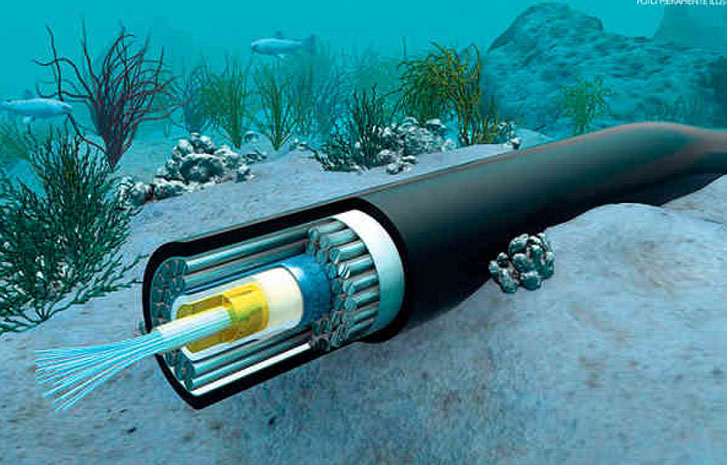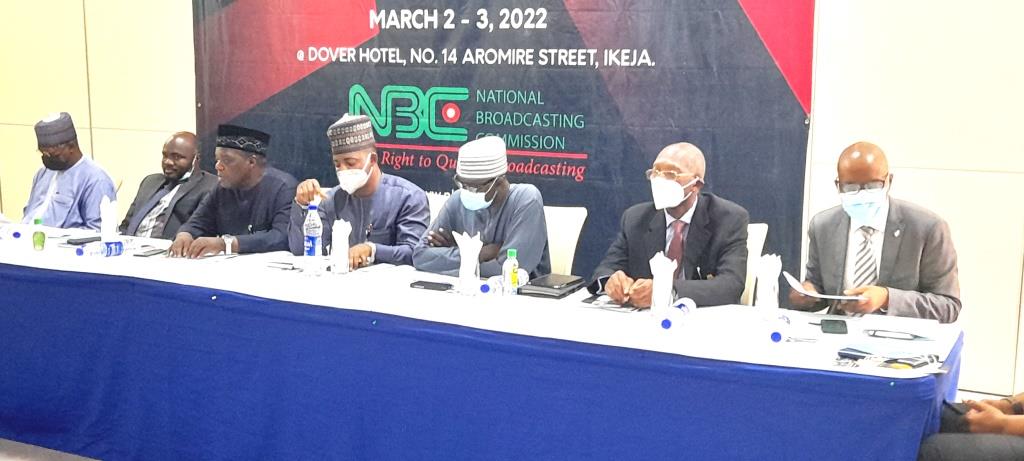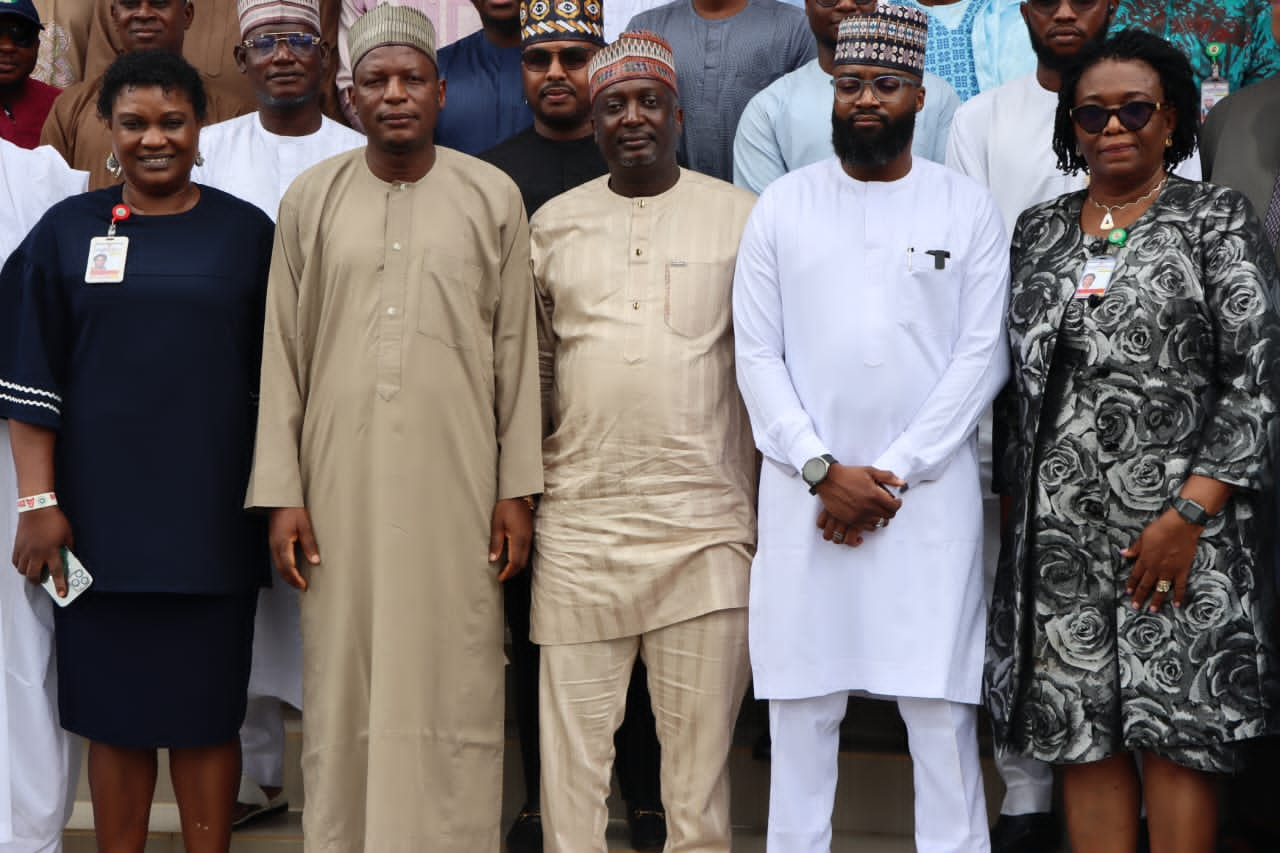The Nigerian telecoms industry this week rose to witness the emergence of yet another industry pressure group, known as the Association of Submarine Cable Operators of Nigeria (ASCON).
Explaining the aims and objectives of the new body, President of the association, Mr Ifeloju Alakija, contended that as far as digital inclusion crusade in Nigeria is concerned, the five submarine cables servicing the nation and beyond remain “vital communication infrastructure, which were unseen, unheard, hard at work, and delivering over 40 terabytes of Internet traffic capacity”.
The president who doubles as Head of Regulatory Services at MainOne, averred that it cost an average of $1.5m to repair cables and would be cost effective to collaborate with other seabed users to map cable protection zones in order to prevent revenue loss to repairs.
According to him, “Submarine fiber optic cables are vital communication infrastructure, which are unseen, unheard, hard at work, crossing the floors of the oceans of the world, which make up nearly 70 per cent of the earth’s surface,” he said.
“Today, a vast web of submarine cable totalling over a million kilometers in length, interconnects the modern world, carrying hundreds of millions of simultaneous calls and untold amounts of data, ceaselessly performing at staggering capacities.
“The association shall support and manage governmental and public/private sector collaboration, to ensure that the operations and maintenance of critical subsea communications assets are adequately protected and recognised in the development of rules and policies in Nigeria,” Alakija disclosed.
Industry stakeholders’ are of the view that time has come when all landed submarine cable in Nigeria be considered as a critical national infrastructure that should be protected.
Currently, the five known cable firms and their worth include Ntel’s South Atlantic 3 fibre optic cable worth over $600m; MTN’s West African Cable System costs $650m; ACE cable owned by Dolphin Telecoms, is worth about $700m; MainOne gulped about $300 million; and Globacom’s Glo1 cable estimated to be the costliest at $800m.
On issues bordering on cable damages, the Vice President, Maxwell Eze, argued that submarine cable damage at the shores of the country has been a costly experience and should be discouraged with strong security architecture.
He said “We experience a number of threats on a daily basis to fish trawling, anchoring and oil and gas operations, whose activities might damage the cable. That is why we are engaging various agencies to avert catastrophic damage to the cable.”
Still on issues of installations protection, Technical Manager of ASCON, Mr Bolaji Mudashir, called for strong on the protection of terrestrial telecom infrastructure and a harmonised right of way charges at the state level in line with the N145 per linear metres at the FG level.









